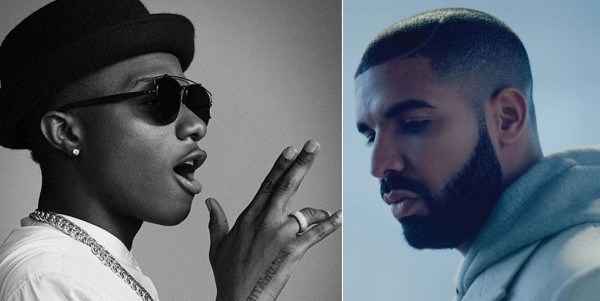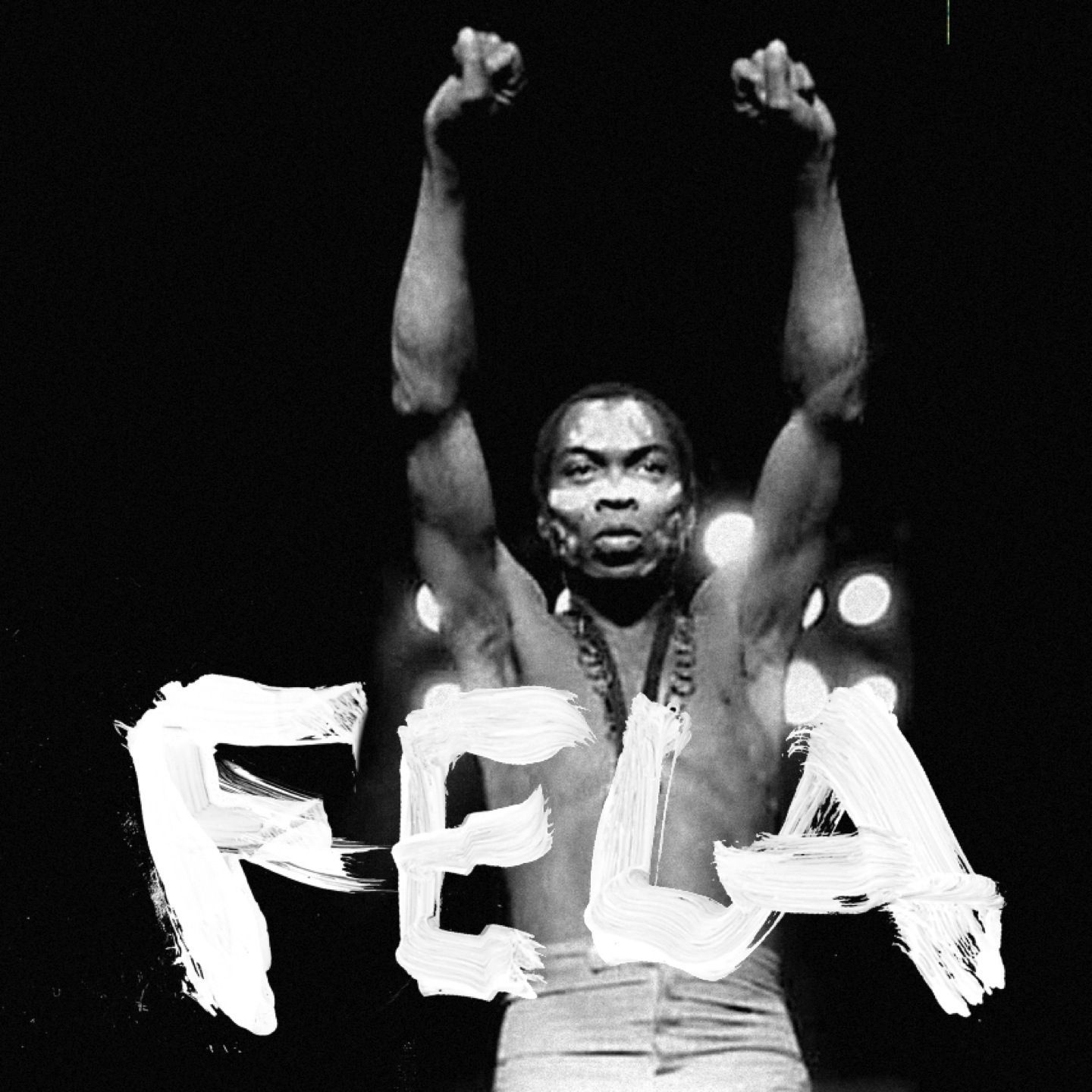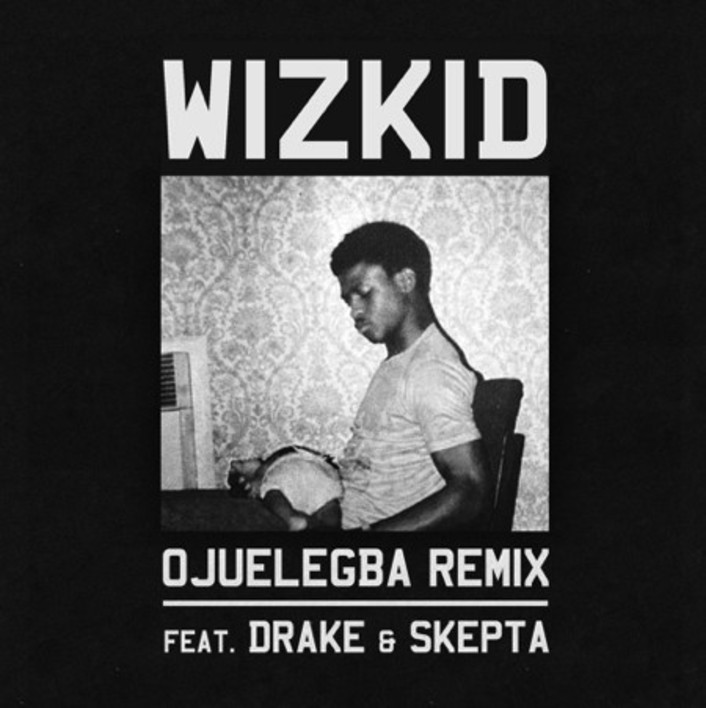Words by Djaji Prime
Nigerian artists face a predicament, after conquering their home, and the continent of Africa, the next logical step would be to take over the world. However, in recent times no homegrown artist (besides Asa, though some may argue about her being “homegrown”), has been able to become a global superstar, known across the world for their music.
Currently the Nigerian artist who shows the greatest potential of being a global success is Wizkid, his hit single “One Dance” with Drake has put his talent front and center on a global scale, giving many of his contemporaries, and newer artists hope that they too can one day be global megastars.
Crossing over in the context of this article means making music that appeals to audiences outside of Nigeria, and Africa, the most important audience being America, as they are the largest audience, and tend to set the pace for the rest of the world.
In terms of Nigerian music, we need our genre – whether that be Afrobeats or Afropop – to be easily recognizable in terms of its labelling (iTunes still classifies music from Nigerian artists as “World” music), and also in terms of its sound. Nigerian artists are less likely to make it globally by mimicking more popular artists.
Music enthusiasts are more likely to support music that is unique, and different, than an already established genre that already has a large variety of artists to choose from (just look at the rise of K-Pop, and “mumble rap” in America).
Even observing the ability of legends like Fela and Asa – who have numerous songs in Yoruba – to attract listeners from across the globe, artists till this day sample Fela’s songs (Kendrick Lamar on “To Pimp a Butterfly”, and J. Cole on “Born Sinner”).
These artists have very unique sounds, you can never mistake Fela’s songs for anyone else’s. Difference sells, language is not a barrier, so long as our music is good, and is a different sound to what the global audience is used to, it will do well.
International collaborations are also a good way to get new listeners on your music, however this only works if your collaborator promotes your music (a simple tweet these days is sufficient). Just having a big name on your song does nothing, if that big name does not mention your collaboration or tell their fans about your work together.
Quite a number of Nigerian artists have spent quite a lot of money on collaborations with American artists, and still remain unknown by these artists’ fan bases. The main reason “One Dance” is the hit it is (besides it being a good song) is because it’s Drake’s song.
Maintaining local support is also crucial, there is no point abandoning your fans back home in order to chase a global audience, if you fail at being a global star, you will always be the local champion.
Many artists have changed their sound to be more foreign, in the hopes of reaching a wider audience, only to observe that they have lost the support of their fans at home. Maintaining local fans also means maintaining relationships with your allies back home.
At the end of it, crossing over all boils down to luck. When Wizkid was recording ‘Ayo’, I do not think he expected ‘Ojuelegba’ to be the song that would enable him to work with one of the biggest artists out right now, however that did not stop him from being prepared, if ever the opportunity were to present itself.
Nigerian music is exceptional, we need to have faith in our sound, and structure our industry, so that we can compete on, and dominate global charts. It is very possible, no matter how daunting the task may seem.





